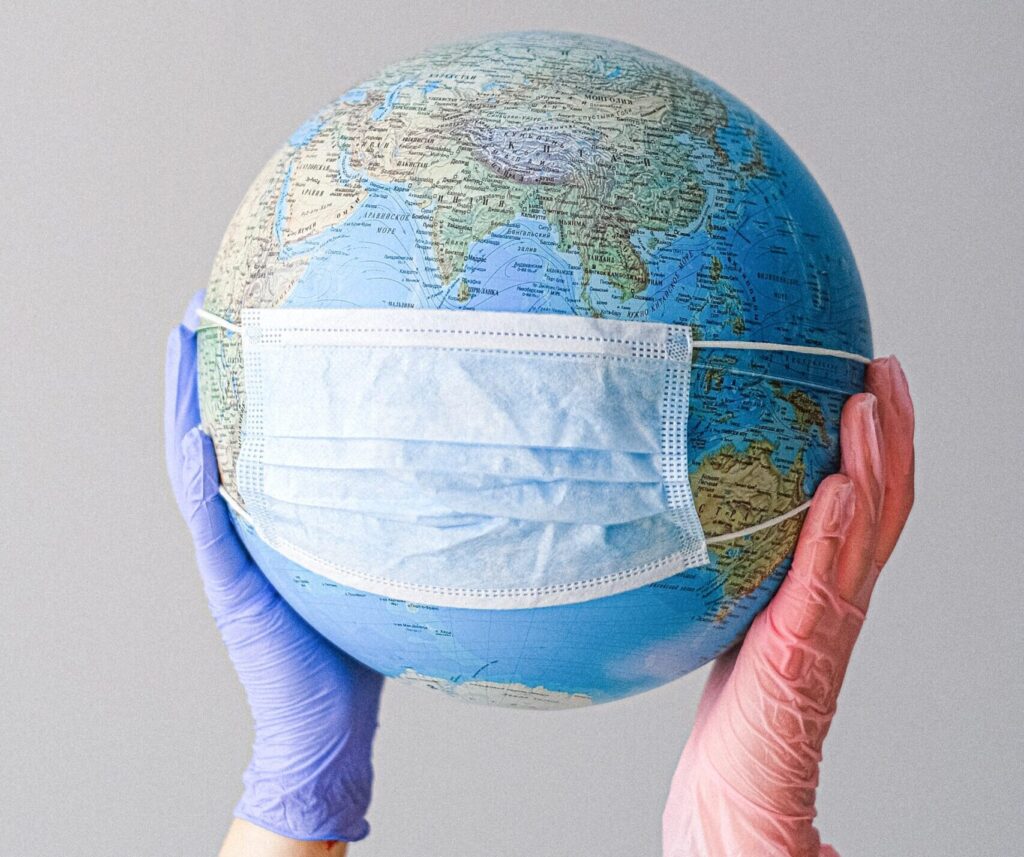We spoke to the purpose-driven social impact leaders of our partner companies during the COVID-19 pandemic to find out the challenges they faced, how they resolved to overcome them, and their thoughts on accelerating Shared Impact.
In this series, meet Cameron Van Breda, Co-founder, and CEO of Hollo.

Hollo is a Smart AI-Powered Preventative platform that aims at improving the mental health of individuals by integrating detecting symptoms, lifestyle tracking, facilitating self-help and professional therapeutic services via its app.
How, where, and why was the idea of Hollo conceptualized?
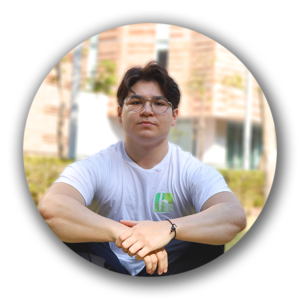
Hollo was conceptualized in 2018 when I was enrolled in the Social Innovation and Entrepreneurship program (this course has been discontinued) at The University of Hong Kong. As a part of the program, my team had to produce a business model canvas that dealt with a social issue in Hong Kong.
We observed the growing suicide rates, unhappiness indices, and increasing depression rates in Hong Kong. During this period, I lost a friend in Singapore to suicide. Such close interactions with mental health issues inspired our team to come up with an idea to tackle these issues through preemptive technological aid.
As members from technology, psychology, and business backgrounds worked together, the idea eventually evolved into a holistic product backed by extensive research.
Explain to us how Hollo functions as a “mental health companion”?
Young people who experience mental health problems, such as stress or depression, often find it difficult to ask for help, even from friends and family, for fear of stigmatization or a lack of understanding.
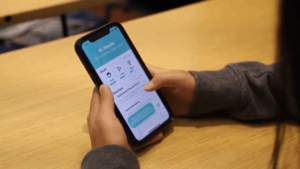 Hollo is a free mental health companion app. It is easy to access and offers practical support with just a few clicks of a smartphone. The app is designed to help people experiencing mental health issues monitor their condition and understand some of the triggers that make them feel better or worse. After understanding their condition, we hope to provide targeted and specialized activities specifically for the types and intensity of their symptoms, ultimately linking users to quickly access professional help or emergency services.
Hollo is a free mental health companion app. It is easy to access and offers practical support with just a few clicks of a smartphone. The app is designed to help people experiencing mental health issues monitor their condition and understand some of the triggers that make them feel better or worse. After understanding their condition, we hope to provide targeted and specialized activities specifically for the types and intensity of their symptoms, ultimately linking users to quickly access professional help or emergency services.
We aim to provide care and support throughout their journey with mental health. From the pre-screening to tracking and after their professional care, we hope to support those suffering from mental health issues, whether it is something less serious like anxiety or serious ailments like chronic stress and severe depression.
The use of AI and Big Data enables many detection metrics and UX interactions with the app. These will also be helpful when we introduce new functions and features to create a better community around mental health in Hong Kong.
Critics of the integration of “AI and Healthcare” often argue that Machine Learning algorithms generate racial bias based on the data available. How does Hollo aim to tackle these issues?
Beyond skin color, algorithm bias is more about the physical feature differences found in an individual’s facial structure, such as the size and shape of the eyes or other features that may block scanning the cheeks or other features of the face. For example, if an individual wears glasses or has smaller/droopier eyes, these features can affect the way that we detect certain metrics.
Overall, we can overcome these statistical problems and variables with a larger data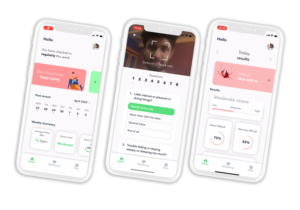 pool, training the data with deep learning and focused learning with professional audits, etc. We are constantly getting advice from professional consultants, and in the future, we hope to create an in-house team to accredit and review the training of the models. As we continue to collect data, there are data noise algorithms that can be generated and methods to improve the accuracy of the models. This problem contributes to our principles of never replacing the physical therapist – we want to ensure that the end results and professional recommendations that cross the boundary of medical-related advice are provided only by medical professionals.
pool, training the data with deep learning and focused learning with professional audits, etc. We are constantly getting advice from professional consultants, and in the future, we hope to create an in-house team to accredit and review the training of the models. As we continue to collect data, there are data noise algorithms that can be generated and methods to improve the accuracy of the models. This problem contributes to our principles of never replacing the physical therapist – we want to ensure that the end results and professional recommendations that cross the boundary of medical-related advice are provided only by medical professionals.
Share with us your insights and experience as a young social impact leader? What are the advantages and disadvantages of youth in the social impact space? What is your advice for aspirant young social impact leaders?
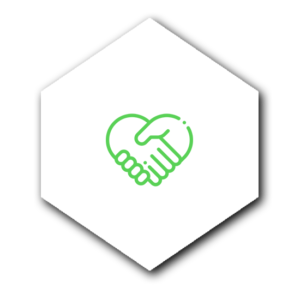
As young individuals working in the social impact space in Hong Kong, we have the most difficult time in convincing corporate partners, judges at competitions, potential business partners, etc., that our project or startup is not only credible but also is capable of making real changes in communities. Quite often, the traditional and conservative culture of Hong Kong finds its way into the youth social impact space, where at times it feels quite condescending and difficult to be heard.
However, there are also individuals in the space who love to support students by providing advice, mentorship, and guidance. These individuals truly believe in the talent and mindset of the next generation and see them as the path to a better future. The guidance offered by these individuals is instrumental to the development of young social impact leaders.
My advice to young social impact leaders is to be patient. As many of us tend to take a naive/inexperienced approach to corporate partnerships or the work that is produced, often forgetting the amount of bureaucracy that it takes to get anything done outside of the scope of schools.


